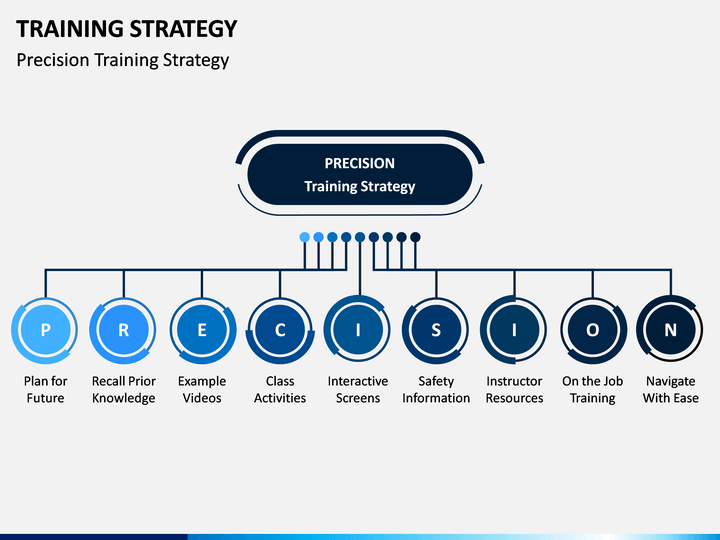As industries continue to evolve, the integration of cutting-edge technology in training programs has become a pivotal factor for staying competitive. One of the most groundbreaking advancements in this realm is Immersive Learning through Virtual Reality (VR). This innovative approach is reshaping how employees acquire new skills and improve their existing competencies.
The Paradigm Shift: From Traditional Methods to VR
Traditional training methods, while effective, often fall short in terms of engagement and retention. The immersive nature of Immersive Learning in VR creates a dynamic and interactive environment, allowing learners to engage with content in ways previously unimaginable. By leveraging 3D simulations and interactive scenarios, employees can practice real-world tasks without the associated risks or costs.
Advantages of VR Training
The benefits of integrating VR Training into educational programs are numerous. Apart from providing a safe and controlled environment for practice, VR enables personalized learning experiences. Employees can train at their own pace, receive instant feedback, and repeat exercises as needed, all within a highly engaging setup.
Industries such as healthcare, manufacturing, and even corporate sectors are rapidly adopting VR solutions for their training needs. For instance, VR Safety Training is becoming a standard in many high-risk workplaces, offering a safe way to prepare employees for hazardous situations.
The Impact on Learning Retention and Engagement
Studies have shown that Immersive Learning significantly boosts learning retention and engagement when compared to traditional methods. The multisensory experiences offered by VR engage different parts of the brain, making the learning process more effective. This results in better knowledge retention and the ability to apply learned skills more efficiently in real-world scenarios.
Future Prospects of VR in Training
As technology advances, the applications of VR in training are expected to expand even further. The integration of Artificial Intelligence (AI) with VR will push the boundaries, creating personalized and adaptive learning experiences tailored to individual needs. This synergy will likely usher in a new era of highly efficient and effective training programs.
For businesses looking to stay ahead of the curve, adopting XR Training solutions is a crucial step. These technologies not only enhance employee skills but also contribute to overall organizational growth and success.
In conclusion, the implementation of VR technologies in training programs marks a significant shift towards more engaging, effective, and safe learning experiences. As more industries realize the benefits of Immersive Learning, the future of workplace education looks promising.

